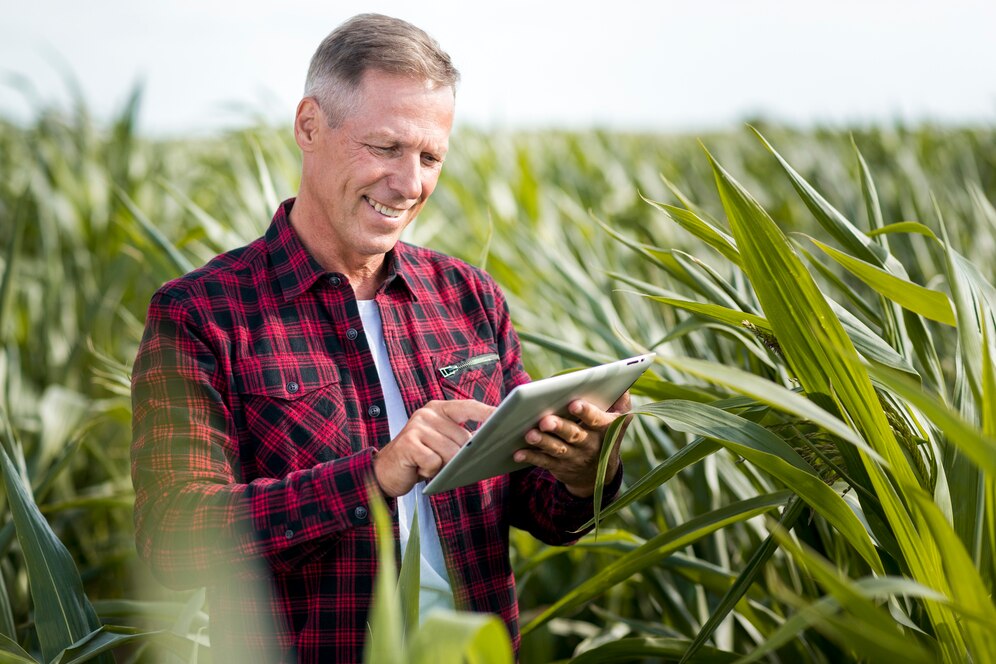Sustainable sugar production is more than just a buzzword; it’s a necessity in today’s world where environmental concerns are paramount. Many sugar producers around the globe are embracing sustainable practices to minimize their environmental impact while ensuring economic viability. In this blog post, we’ll delve into case studies of successful sustainable sugar initiatives, highlighting the innovative approaches taken by these producers and the positive impact they’ve had on the environment and local communities.
Successful Sustainability Models
Successful sustainable sugar initiatives often involve a holistic approach that addresses environmental, social, and economic aspects of production. For example, some sugar producers have adopted organic farming methods, eliminating the use of synthetic pesticides and fertilizers to protect soil health and biodiversity.
Comparison of Sugar Types
When comparing the environmental impact of different sugar sources, it’s essential to consider factors such as land use, water consumption, energy use, and greenhouse gas emissions. Studies have shown that while sugar cane production tends to have a higher yield per hectare compared to sugar beet, it often requires more land and water resources. Alternative sweeteners, such as stevia and monk fruit, offer potential benefits in terms of lower environmental impact. These natural sweeteners require less water and land for cultivation and generally have lower greenhouse gas emissions compared to conventional sugar sources. Others have implemented agroforestry practices, integrating trees and other crops into sugar cane or sugar beet fields to improve soil fertility, conserve water, and provide habitat for wildlife. These sustainability models prioritize long-term sustainability and resilience, benefiting both the environment and the bottom line.
Farm to Market Stories
Behind every sustainable sugar initiative are countless farm to market stories that showcase the journey from cultivation to consumption. Take, for instance, a family-owned sugar cane farm in Costa Rica that transitioned to organic farming practices. By prioritizing soil health and biodiversity, the farm not only improved the quality of its sugar but also enhanced ecosystem services and reduced its environmental footprint.
Global Standards
Recognizing the need for more sustainable sugar production practices, international organizations and industry stakeholders have developed global standards and certification schemes to promote environmental stewardship and social responsibility in the sugar industry. These standards, such as Fairtrade, Rainforest Alliance, and Bonsucro, set criteria for sustainable farming practices, environmental conservation, and fair labor conditions. By adhering to these standards and obtaining certification, sugar producers can demonstrate their commitment to sustainability and gain access to premium markets and consumers who value ethical and environmentally friendly products. Similarly, a cooperative of smallholder sugar beet farmers in France implemented water-saving irrigation techniques and biodiversity conservation measures. These efforts not only increased crop yields but also strengthened community resilience and supported local livelihoods.
Impact on Local Communities
The impact of sustainable sugar initiatives extends beyond environmental benefits to positive outcomes for local communities. By adopting fair labor practices, providing training and education opportunities, and investing in community development projects, sugar producers can improve the well-being of farm workers and neighboring communities. For example, a sugar cooperative in Malawi implemented a profit-sharing model that ensured fair wages for farmers and supported community-led initiatives in education, healthcare, and infrastructure development. These investments in human capital and social infrastructure contribute to poverty alleviation and sustainable development in rural areas.
Lessons Learned
Through the implementation of sustainable sugar initiatives, producers have learned valuable lessons about the challenges and opportunities of sustainable agriculture. One key lesson is the importance of stakeholder engagement and collaboration. By involving farmers, workers, local communities, and other stakeholders in decision-making processes, sugar producers can build trust, foster innovation, and promote shared ownership of sustainability goals. Another lesson is the need for continuous improvement and adaptation to changing environmental and market conditions. Sustainable sugar initiatives require ongoing monitoring and evaluation to assess their effectiveness and identify areas for improvement. By embracing a culture of learning and innovation, sugar producers can stay ahead of the curve and drive positive change in the industry.
Replicability
The success of sustainable sugar initiatives demonstrates their replicability and scalability across different contexts and regions. Whether it’s organic farming practices in Latin America, agroforestry in Africa, or water-saving irrigation techniques in Asia, the principles of sustainability are universal. By sharing knowledge, best practices, and success stories, sugar producers can inspire and empower others to embrace sustainable agriculture and contribute to a more environmentally friendly and socially responsible sugar industry. To learn more about the economic benefits of adopting sustainable sugar practices, read our blog post on economic benefits of adopting sustainable sugar practices.
Conclusion
In conclusion, case studies of successful sustainable sugar initiatives provide valuable insights into the potential of sustainable agriculture to transform the sugar industry. By embracing innovative approaches, fostering community engagement, and prioritizing environmental stewardship, sugar producers can achieve both economic prosperity and environmental sustainability. As we continue to face global challenges such as climate change and food security, sustainable sugar initiatives offer a beacon of hope for a more resilient and sustainable future. By learning from these success stories, sharing knowledge, and collaborating across borders, we can build a more equitable, resilient, and sustainable sugar industry for generations to come.

